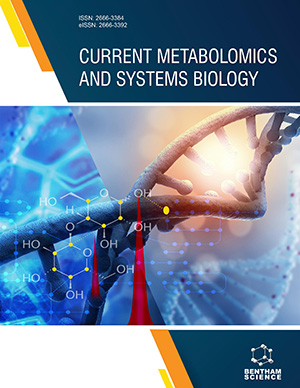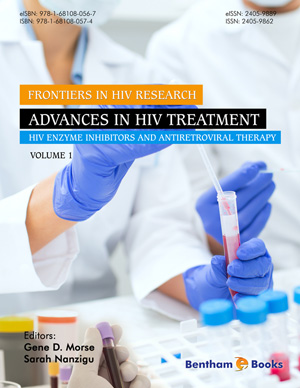Abstract
The therapy of multidrug-resistant Gram-positive, Gram-negative, and Candida auris is challenging and has emerged as a major threat to human health. Commonly used drugs have become increasingly resistant, which has led to an absence of reliable options and use of current agents in combination. While this has led to the development of newer drugs, most of them are not available in the United States or are yet to be approved by the FDA. Described here is a comprehensive overview of antimicrobial resistance and recent developments in therapy for methicillin-resistant Staphylococcus aureus, vancomycin-resistant Enterococcus spp, extended-spectrum β- lactamases (ESBL's), carbapenemase-producing Enterobacteriaceae (CRE), multi-drug resistant Pseudomonas aeruginosa (PSA), multi-drug resistant Acinetobacter (ACB), and Candida auris.
Keywords: AmpC, Antimicrobial resistance, Candida auris, Carbapenemaseproducing Enterobacteriaceae (CRE), Enterococcus spp, Extended-spectrum β- lactamases (ESBL`s), Gram-negative, Gram-positive, Multidrug resistance, Multidrug resistant Acinetobacter, Pseudomonas aeruginosa, Staphylococcus aureus.






















